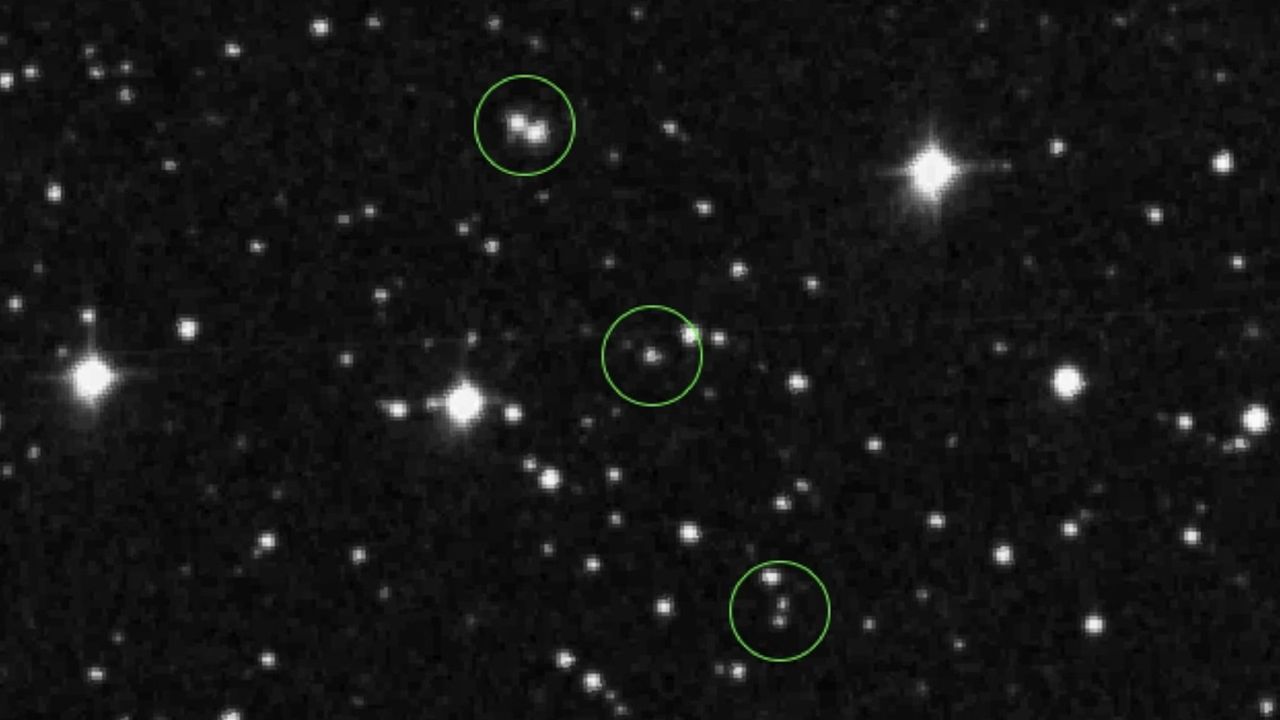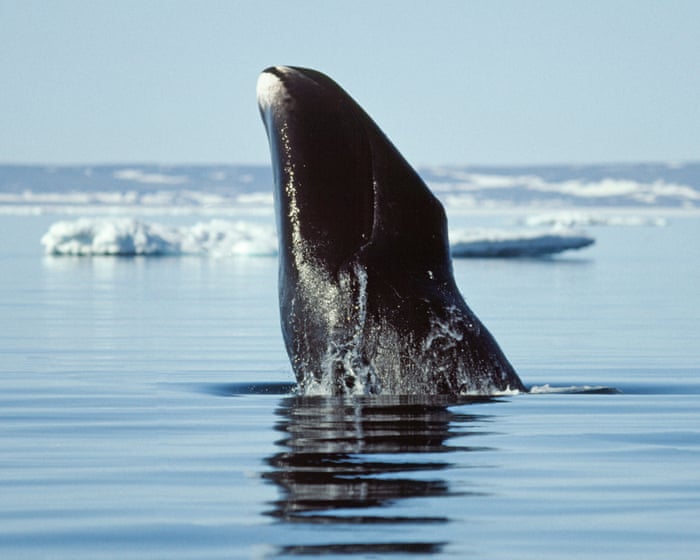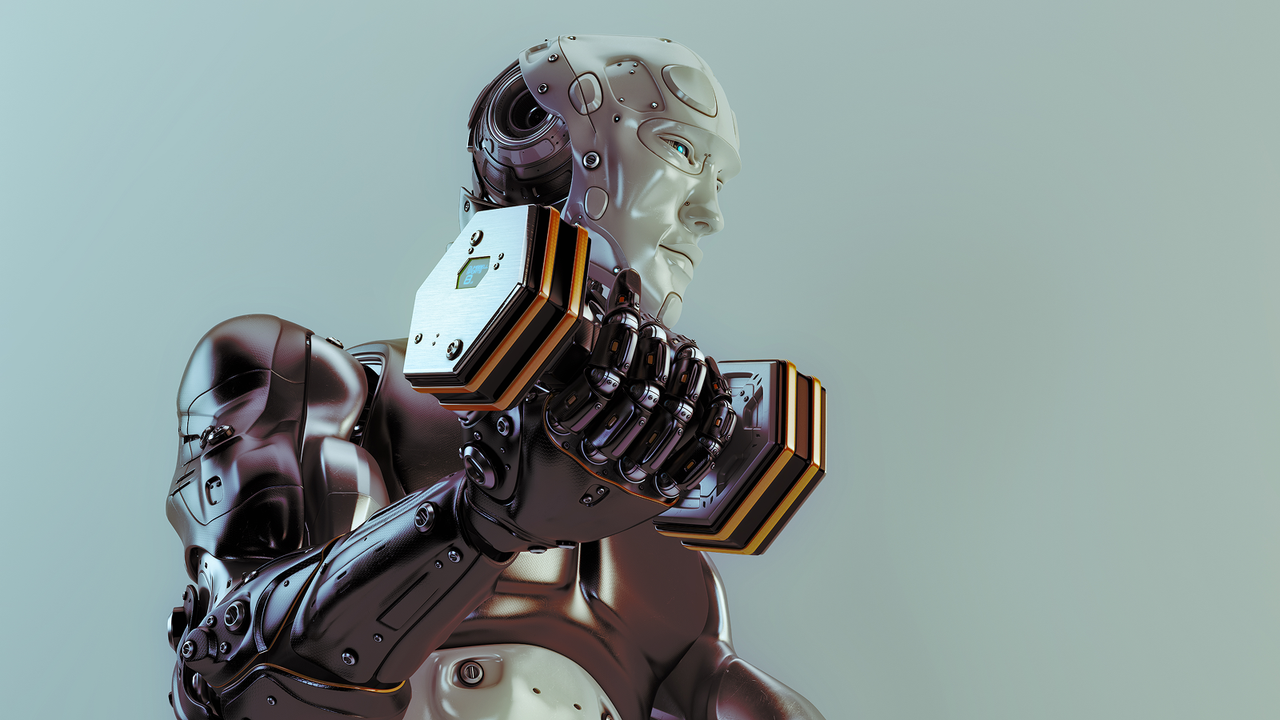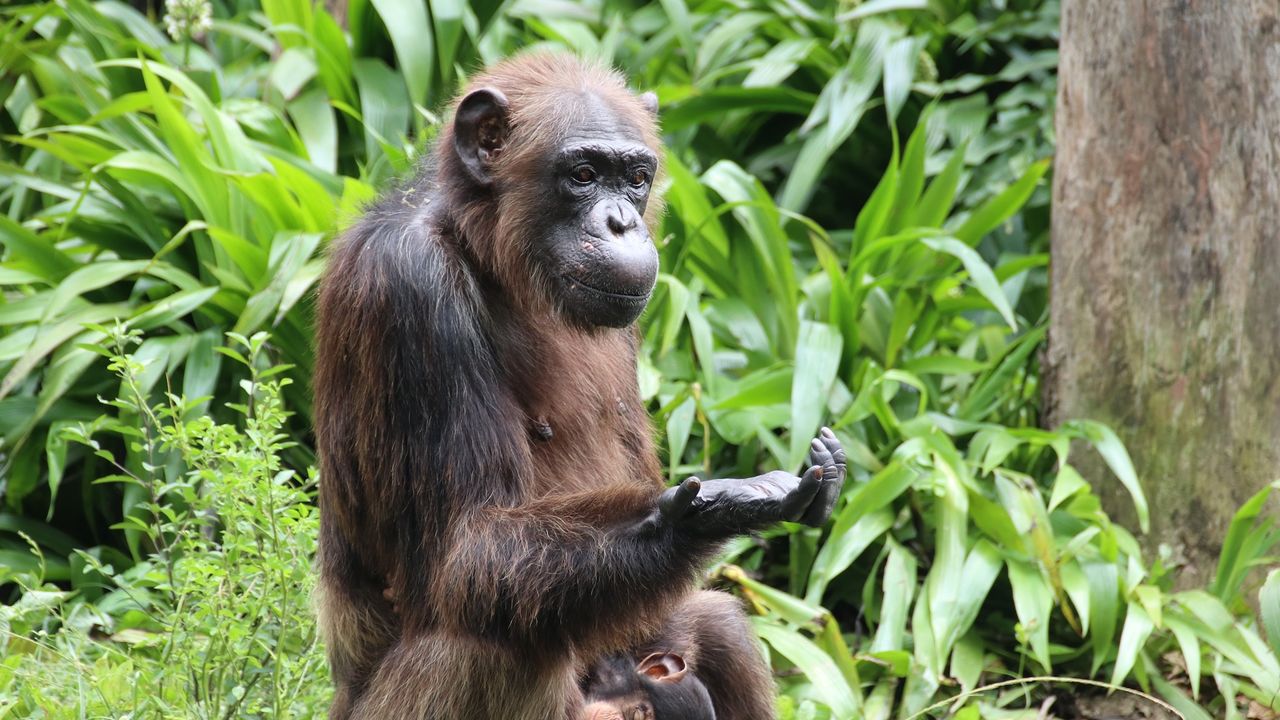This Genetically Engineered Fungus Could Help Fix Your Mosquito Problem
PositiveScience
Researchers have made a breakthrough with a genetically engineered fungus that could help combat mosquito populations, which are notorious for spreading diseases. In experiments, mosquitoes were irresistibly drawn to the sweet scent of the fungus, leading to their infection and death. This innovative approach not only offers a potential solution to a significant public health issue but also highlights the promising role of biotechnology in pest control.
— Curated by the World Pulse Now AI Editorial System










